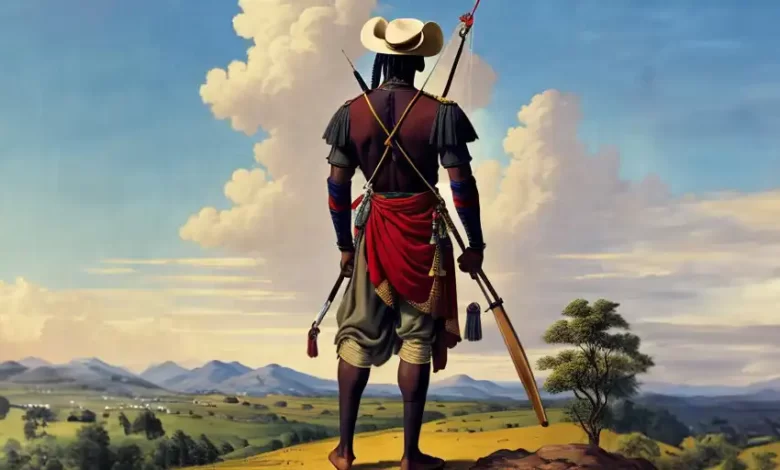Chief Jacko

Chief Jacko of Dominica was a prominent Maroon leader whose name continues to resonate across the island’s hills and history books. Born around 1755, likely in West Africa, he was brought to Dominica as part of the transatlantic slave trade and sold into bondage on a plantation near present-day Belles. Refusing to remain enslaved, he escaped into the interior and founded the island’s most enduring Maroon stronghold. Jacko led a sustained resistance against British colonial forces for over four decades, earning the title “governor of the woods” for his mastery of terrain and guerrilla warfare.
Leadership and the Jacko Stronghold
Jacko’s leadership style combined tactical intelligence with an extraordinary ability to read and utilise the landscape. He established his base in the mountainous rainforests of Dominica’s interior, where he constructed the legendary Jacko Flats. This high-elevation camp served as a command post and a symbol of Maroon autonomy. To defend the settlement, Jacko engineered the Jacko Steps, a narrow, steep staircase carved into solid rock, providing strategic protection and difficult access for British soldiers. His base was nearly impenetrable, allowing Jacko and his followers to launch nighttime raids on coastal plantations and then vanish into the dense terrain.
Resistance, Capture, and Legacy
For over 40 years, Jacko and his community lived in defiance of colonial rule, surviving in harsh conditions while resisting attempts at recapture. The British mounted repeated campaigns to defeat the Maroons, but Jacko’s knowledge of Dominica’s landscape and leadership kept the community safe for decades. His resistance ended dramatically on July 12, 1814, when colonial forces finally overran the camp. Jacko was killed during this assault, but his spirit of resistance lived on. Today, he is remembered not as a victim but as a national hero. Annual commemorations held on July 12, known as Maroon Day, celebrate his life and the freedom struggle he led.
Cultural Commemoration and Modern Recognition
Jacko’s memory is preserved through oral tradition, national recognition, and physical monuments. In 2013, a bronze statue was unveiled near the Old Market in Roseau, the former site of public slave auctions, to honor his resistance. His life story has been incorporated into Emancipation Day celebrations and school curricula. Cultural activists and educators continue to promote his legacy as a symbol of resilience, resistance, and pride. The area of Jacko Flats remains a pilgrimage site for many Dominicans and diaspora visitors, and efforts are underway to preserve it as a national heritage space.
Today, Chief Jacko is acknowledged as one of the most influential figures in Dominica’s fight against colonial oppression. His leadership inspired future generations to value self-determination and honour the courage of those who resisted enslavement. His legacy reflects the past and shapes national identity in the present, grounding Dominican pride in stories of strength, survival, and sovereignty.




